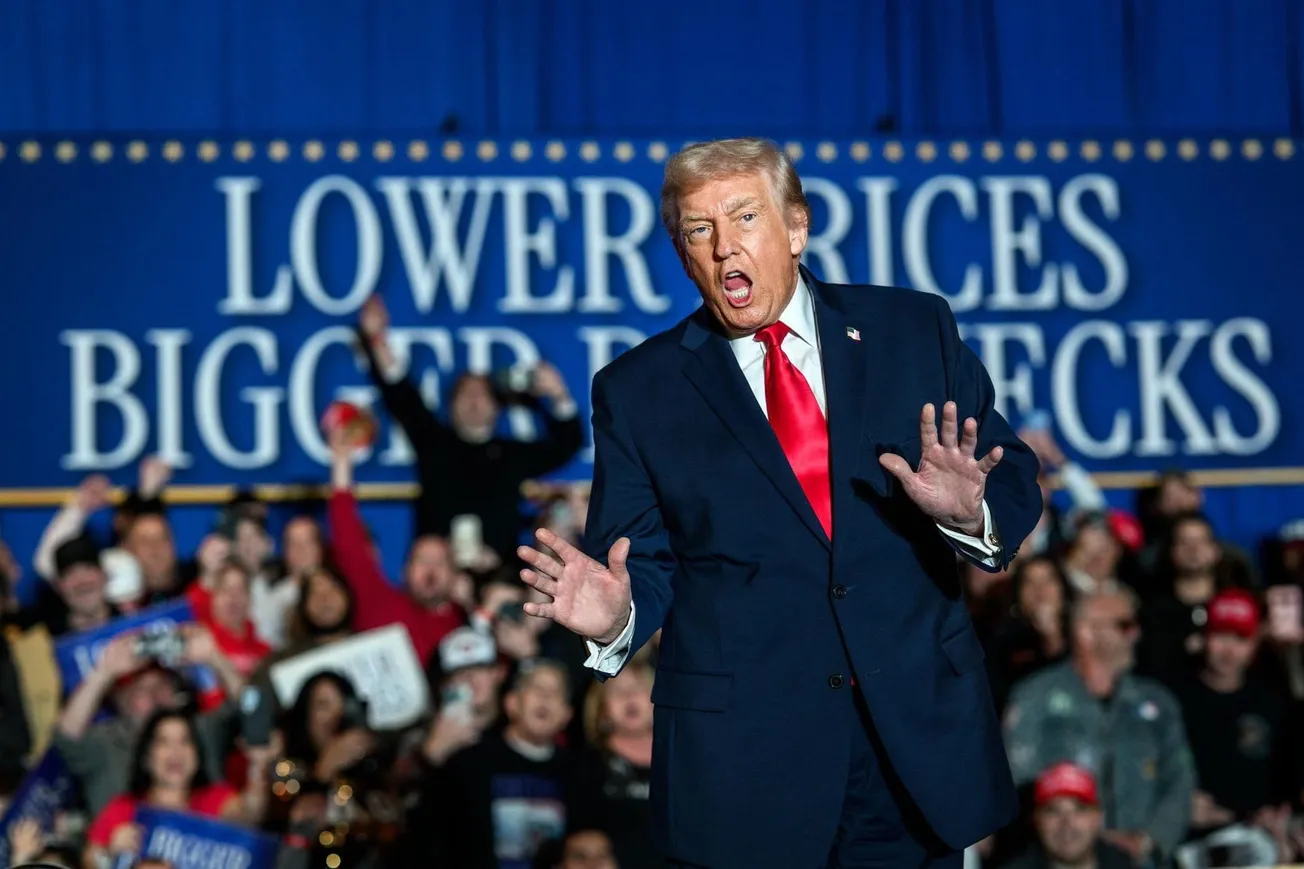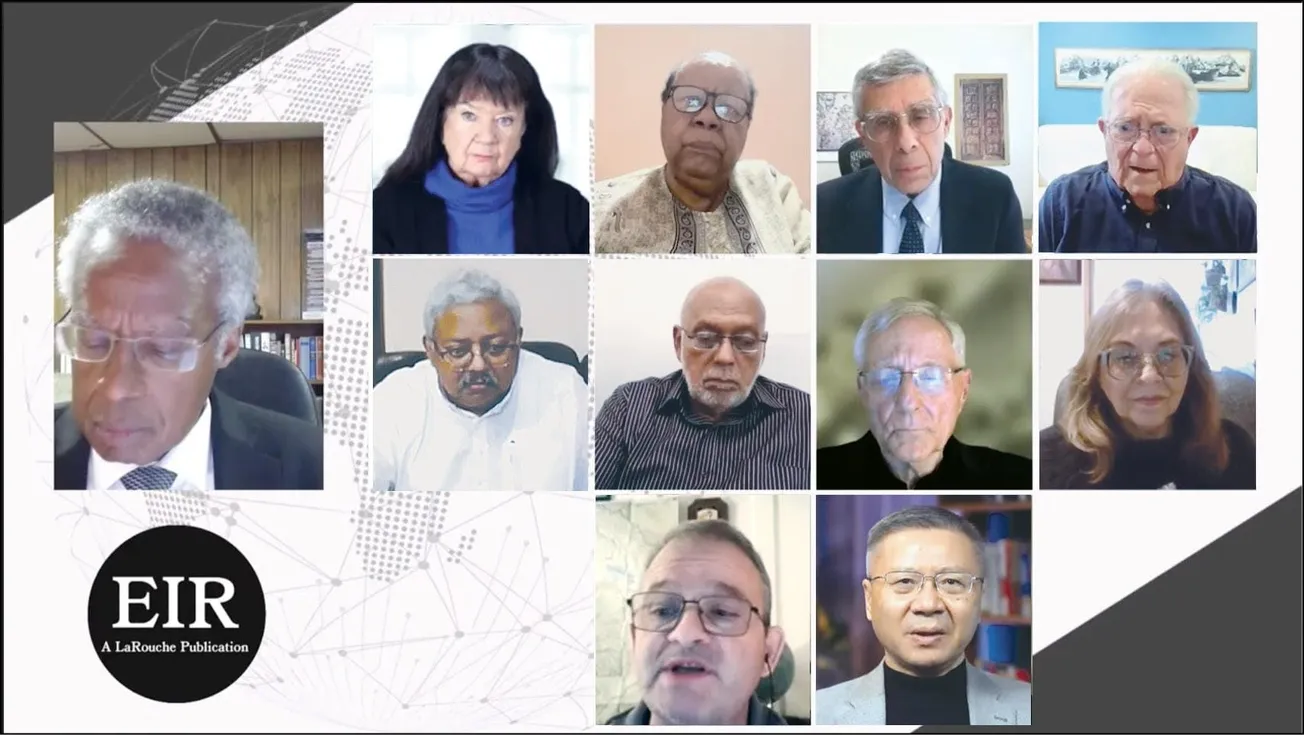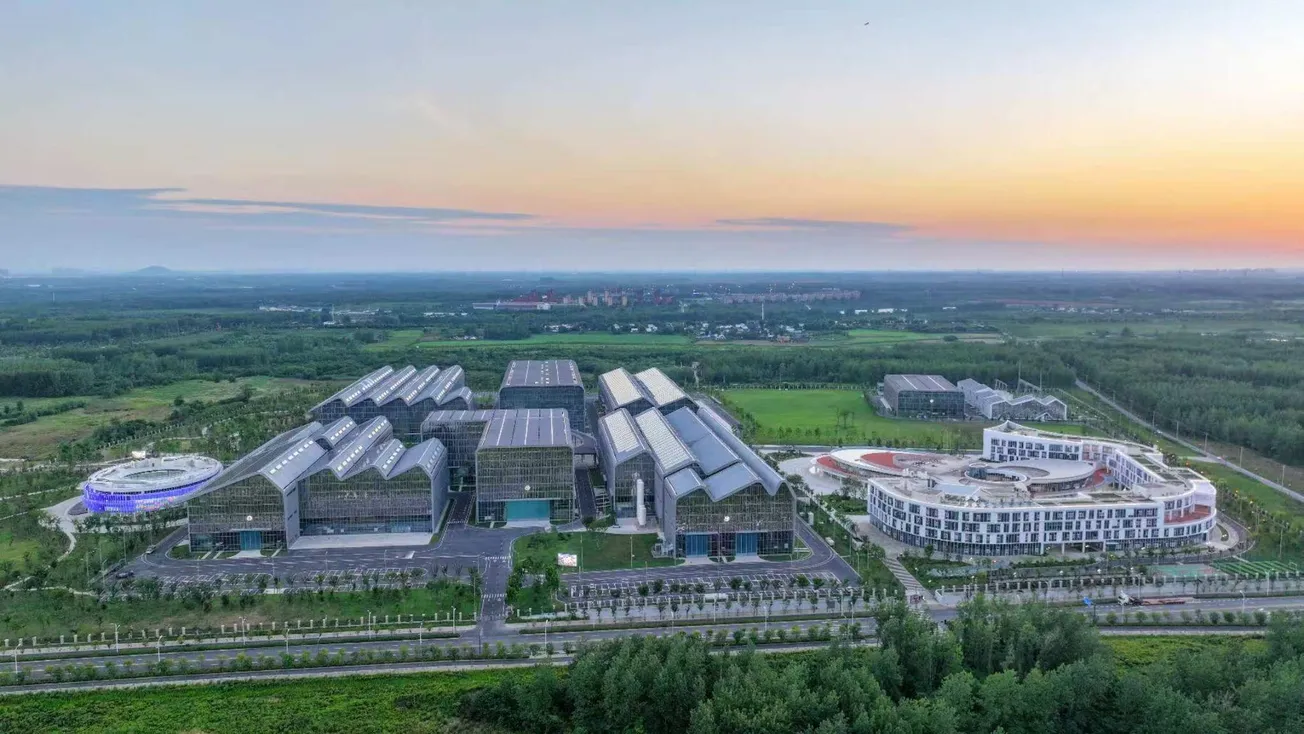Following his interview with Russian President Vladimir Putin Feb. 6, viewed by hundreds of millions worldwide, journalist Tucker Carlson conducted an interview Feb. 16, which has been much less viewed, but is nonetheless interesting to a world having 64 national elections in 2024. In that interview, former State Department official Michael Benz asserted that a regime-change tool-kit for attempting to control the outcome of elections has been developed by the Pentagon and the National Security Agency; and that they now deploy it against the citizens of the United States, as well as its “allies.”
Michael Benz had a “cyber” portfolio at the State Department during the Trump Administration and is the current Executive Director of the Foundation for Freedom Online. His revelations about the Cybersecurity and Infrastructure Security Agency (CISA, created in 2018) cohere with EIR’s earlier analysis, of the military roots of what some have called the “censorship-industrial complex,” during the 2022 work of journalists Matt Taibbi, Michael Schellenberger, and Alex Gutentag on the “Twitter files,” made public by Elon Musk. In the Dec. 16, 2022 EIR article, “Behind ‘Twittergate’: The NSA Meddles in Americans’ Right To Vote, Speak, Think,” Paul Gallagher and I reviewed how the Pentagon, NSA, and U.S. Cyber Command created the “Election Security Group” in the aftermath of allegations of Russian interference in the 2016 election. The Election Security Group, also called the Russia Small Group, was, in fact, a continuation of the Pentagon’s online counterinsurgency campaign against the Islamic State (ISIS)!
U.S. Cyber Command, which created the Cybersecurity and Infrastructure Security Agency (CISA), is a sub-command under the U.S. Strategic Command. U.S. Army Gen. David Petraeus, who commanded U.S. forces in Iraq in their “counterinsurgency” phase, played a pivotal role in advocating for the creation of CISA.
Censorship in (Nuclear) Wartime
Before he opened his dialogue with Michael Benz, Tucker Carlson made the crucial point that the “specific kind of censorship [that] emanates from the fabled military-industrial complex, from our defense industry and the foreign policy establishment in Washington” is significant now, “because we’re on the cusp of a global war, and so you can expect censorship to increase dramatically.” Benz’s response was that initially, an open and free Internet was useful to the Pentagon and foreign policy establishment, to promote color revolutions like the Arab Spring; but it became a danger after the referendum in Crimea, which referendum went against the foreign policy desires of the West.







